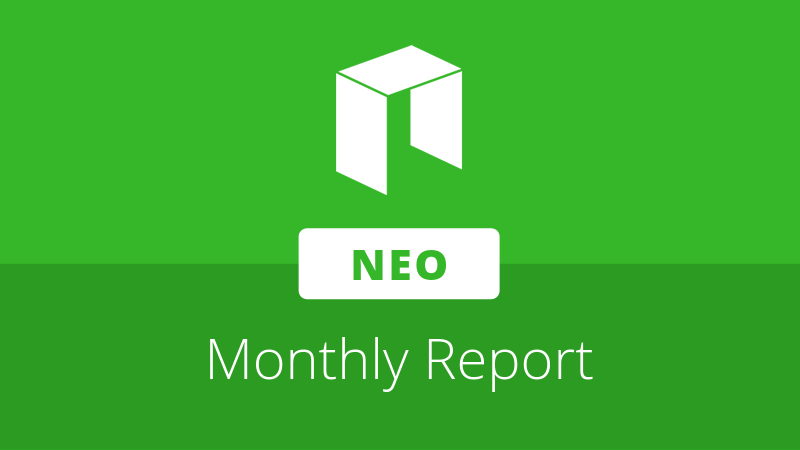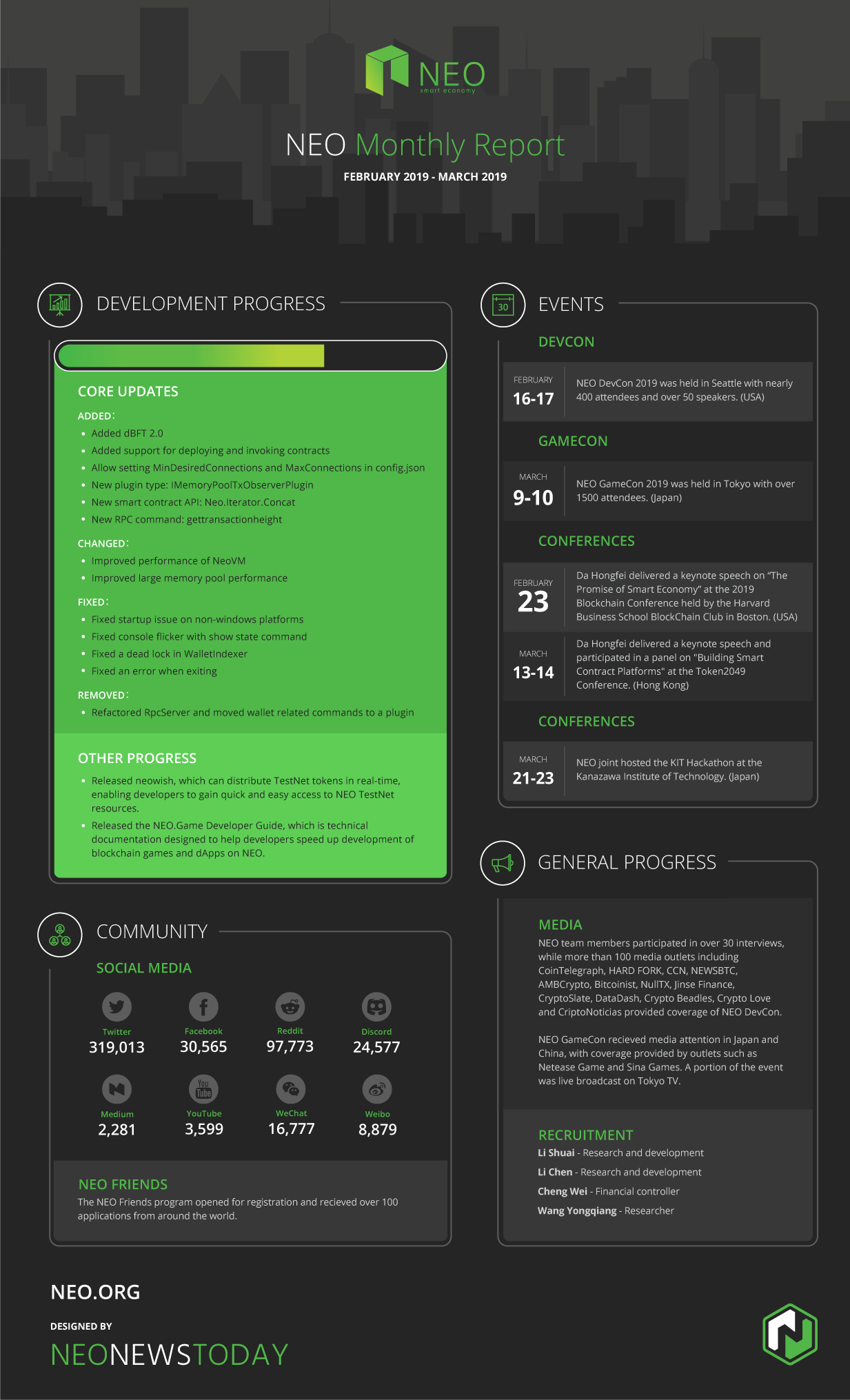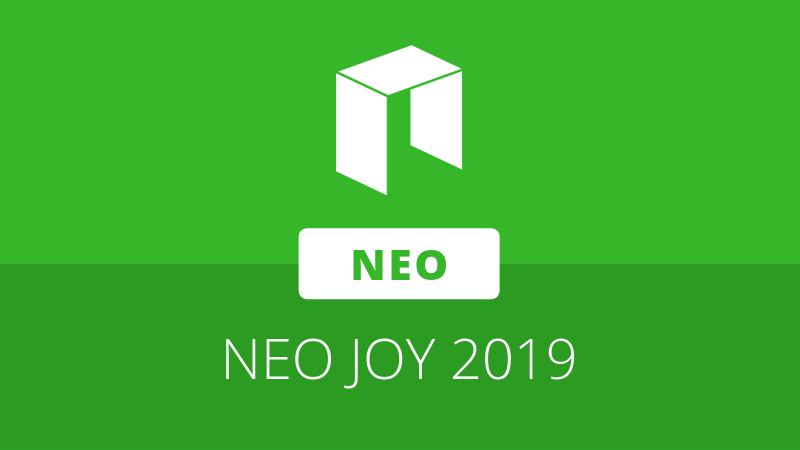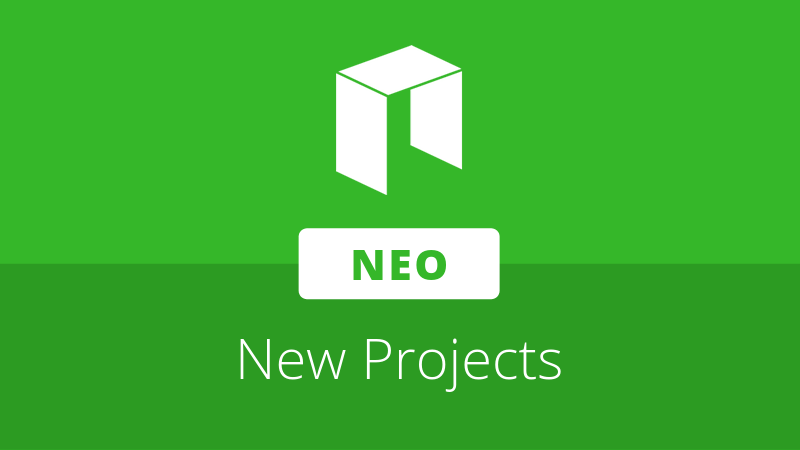
NEO Global Development (NGD) has issued its monthly report for March 2019. The NGD monthly reports are designed to inform the community by aggregating NGD’s development, progress, and events each month.
NEO GameCon
NGD highlighted its first NEO GameCon as a key March event. The game conference took place in Akihabara, Tokyo on March 9th and 10th and attracted more than 1,500 attendees. Speakers included NEO leadership such as Da Hongfei, Erik Zhang, and Johnson Zhao. Ecosystem projects in attendance included O3, MagicCube, and NEOLAND.
At the event, John Wang, NGD director of ecosystem growth, revealed NGD’s intention to release a “Game Development Guide,” with the initial version made available at the end of the month. Wang noted he expects the release of more than ten games before June 2019.
Other Notable Events
Da Hongfei attended the Token2049 Conference in Hong Kong, where he delivered a keynote speech and participated on a panel discussion. Da’s keynote speech centered on the “Promise of the Smart Economy.” Discussion topics of the panel centered around smart contracts.
NEO co-hosted the Kanazawa Institute of Technology (KIT) Hackathon which took place March 23rd through the 26th. The three-day hackathon sought to design dApps that contribute to regional revitalization and attempt to achieve sustainable development goals. NEO provided online tutorials to assist students in the development of their dApps.
Neo-cli 2.10.0 Release
In March, NGD released the latest test version of neo-cli, version 2.10.0. The update included numerous changes designed to increase the stability and performance of the NEO blockchain. The most noteworthy changes included dBFT 2.0, an updated version of NEO’s consensus mechanism, and a set of memory pool performance improvements.
The updates to dBFT 2.0 addressed single block fork issues that had caused peer node outages on MainNet. Further, new regeneration strategies were designed to allow a consensus node to automatically recover the latest consensus state following a fault such as a network outage or hardware issue.
The NEO MainNet has occasionally encountered erratic block times when under heavy load, particularly when the memory pool is full of free transactions. The neo-cli 2.10.0 update aimed to dramatically improve network performance under load and allow transactions with network fees to be prioritized appropriately.
NEO Friends
Tamar Salant, NGD global business development manager, announced the launch of the NEO Friends program. NEO Friends aims to offer various forms of resources to NEO community members who seek to contribute to the development of the ecosystem.
Examples of contributions may include document translation, original content creation, hosting local meetups or regional events, and other ways participants may bring value to the ecosystem.
The NEO Friends initiative is open to all – developers and non-developers alike – who wish to participate. Salant said, “one of the things that make [NEO Friends] so unique is so many people are coming from different backgrounds, with different skillsets. Everyone and anyone can contribute in some way.”
The registration link for NEO Friends can be found below:
https://docs.google.com/forms/d/e/1FAIpQLScSqpzjIQ1jl61wGutVvVEXKq66gRWw1tNPlTDS-aI3bRWV7Q/viewform
Recruitment
NGD grew its staff by two members in March. Li Chen has joined the research and development (R&D) department as a C# developer. Previous professional experience includes working for Citibank.
Wang Yongqiang joined NGD as a blockchain researcher, with prior professional experience at Alibaba and Yitu.
The full monthly report can be found at the link below:
https://neo.org/blog/details/4138








About The Author: Dylan Grabowski
Dylan is a reformed urban planner with a passion for covering the Neo ecosystem. His objective as a writer for Neo News Today is to report news in an objective, fact-based, non-sensational manner. When not behind a computer screen, he can be found in the mountains rock climbing. Find Dylan on Twitter (@GrabowskiDylan).
More posts by Dylan Grabowski